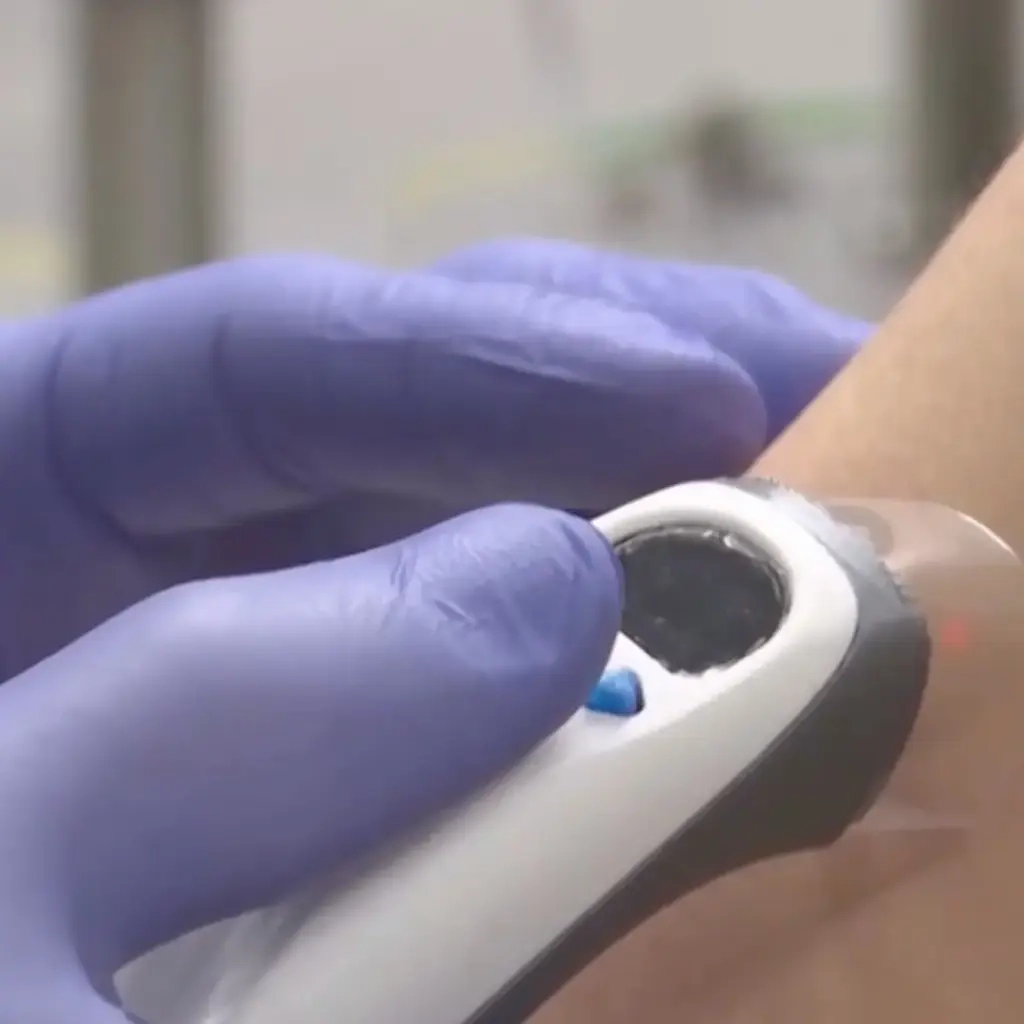Are you ready to embark on a journey towards a healthier and fitter version of yourself? Trying to lose weight in 30 days requires commitment, dedication, and a strategic approach. Whether you have an upcoming event or you’re simply eager to make a positive change, this guide will provide you with the tools and insights you need to achieve your weight loss goals in a safe and sustainable manner.
Setting Realistic Goals
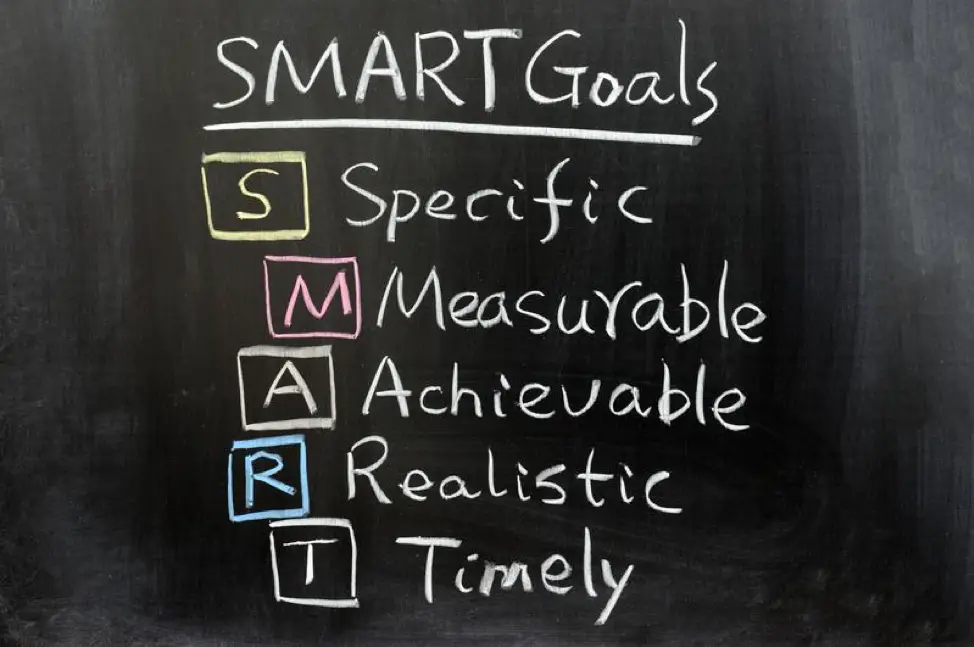
Before diving into the specifics, it’s essential to set realistic and achievable goals. While rapid weight loss might be tempting, aiming for a gradual and steady reduction is often more effective and healthier in the long run. A safe guideline is to aim for losing 1 to 2 pounds per week.
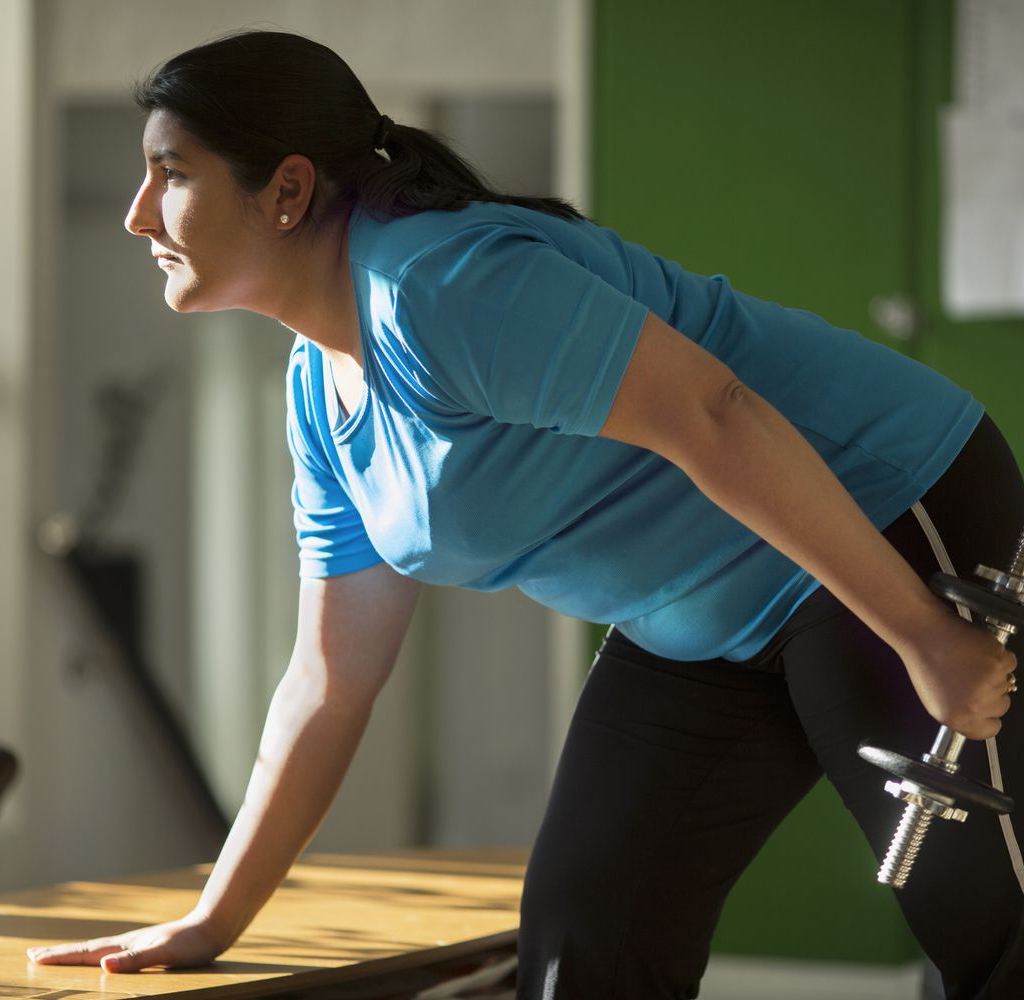
Body mass index (BMI), despite being is an outdated, biased metric that ignores a number of elements, including age, gender, ethnicity, race, and body composition; it is still used to check weight loss. According to VeryWellFit, A modest aim of 5% to 10% of your current weight will start to improve crucial signs like blood pressure and blood sugar levels if you’re trying to lose weight for health reasons. Additional advantages of even a minor weight loss may include increased vitality, more self-assurance, enhanced fitness, and improved mobility. However, occasionally we set goals based on different things, such as the desire to appear a specific way or fit back into our old clothes. Setting a vanity goal is OK as long as it is reasonable and does not put us in a dangerous underweight range. You and your doctor can decide whether or not it’s a good idea to set a weight loss objective.
1. Create a Balanced Meal Plan

A balanced meal plan is the foundation of successful weight loss. Focus on whole, nutrient-dense foods that provide the necessary vitamins, minerals, and energy. Aim for a combination of lean proteins, healthy fats, complex carbohydrates, and plenty of fruits and vegetables.
2. Portion Control
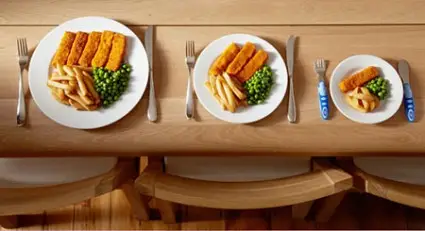
Even when eating healthy foods, portion control is key. Be mindful of portion sizes to avoid overeating. Use smaller plates, bowls, and utensils to help control your portions visually.
3. Stay Hydrated

Drinking enough water throughout the day is crucial for weight loss. Water helps curb your appetite, boost metabolism, and improve digestion. Aim for at least 8 glasses of water a day.
4. Regular Exercise
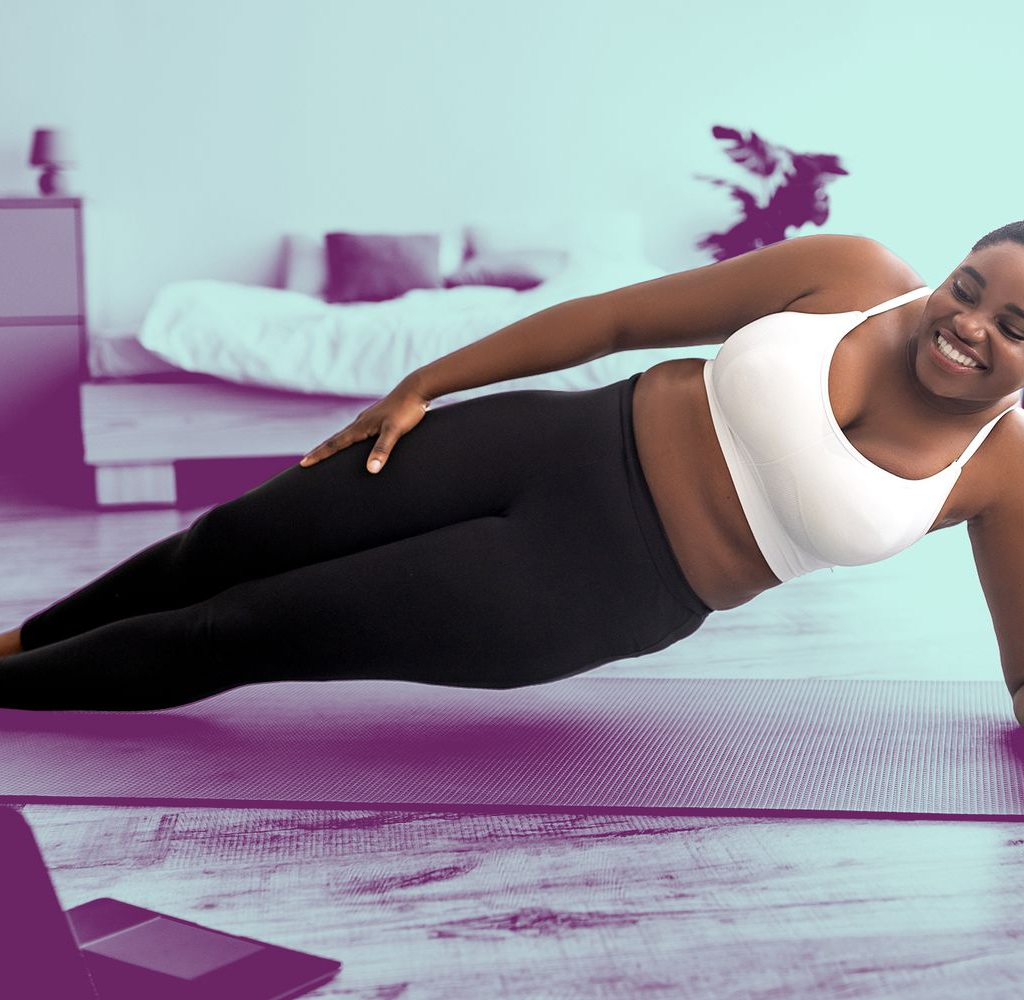
Incorporate regular physical activity into your daily routine. Cardiovascular exercises like jogging, swimming, or cycling help burn calories, while strength training builds muscle mass, increasing your resting metabolic rate.
5. High-Intensity Interval Training (HIIT)
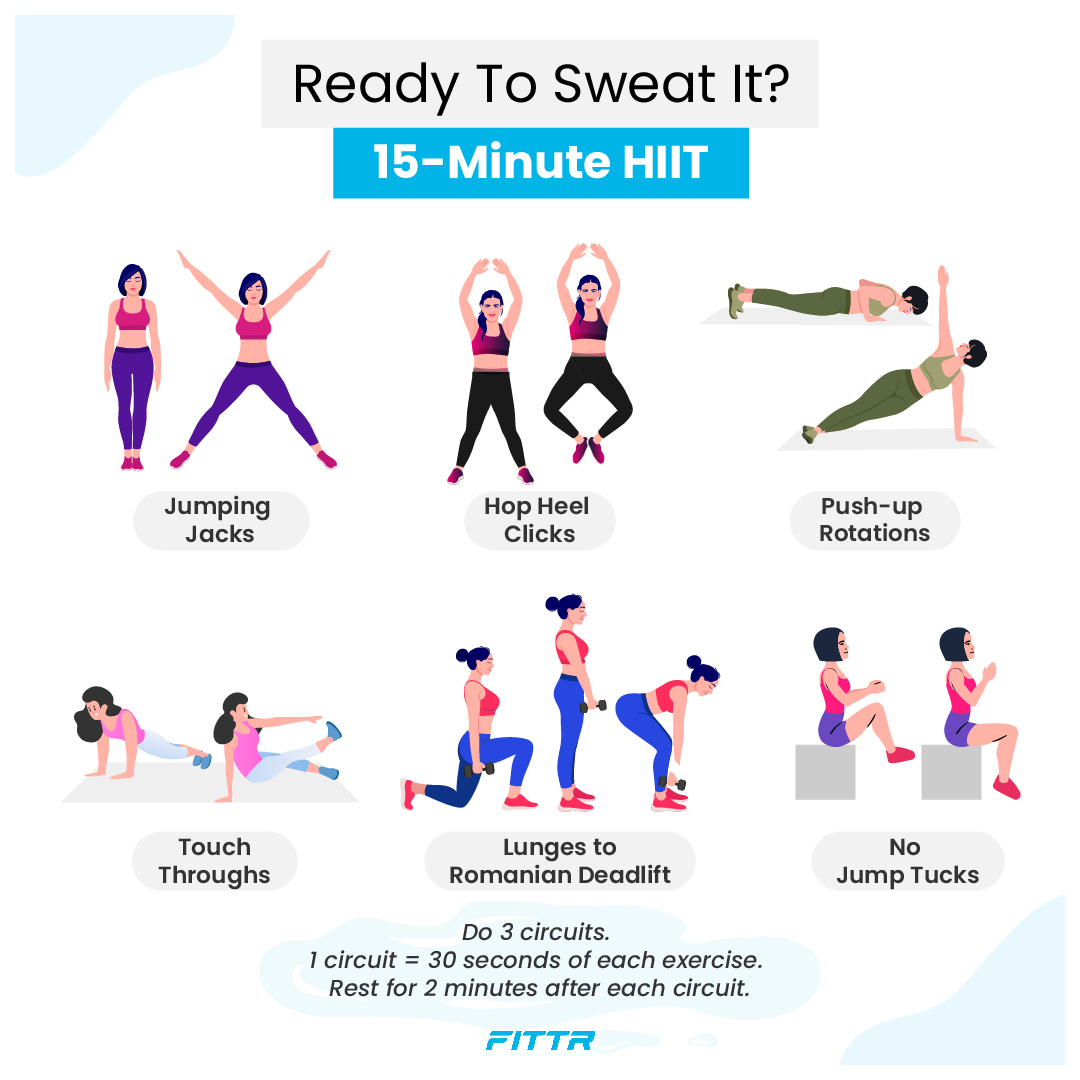
Consider adding HIIT workouts to your routine. HIIT involves short bursts of intense exercise followed by brief periods of rest. This approach is highly effective for burning calories and improving cardiovascular fitness.
6. Get Enough Sleep

Sleep plays a crucial role in weight loss. Aim for 7-9 hours of quality sleep per night. Poor sleep can disrupt hormones that regulate hunger and lead to weight gain.
7. Reduce Processed Foods and Sugars
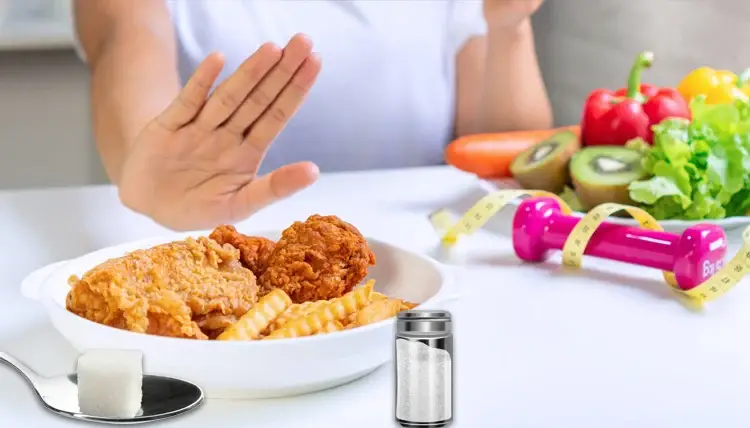
Cut down on processed foods, sugary snacks, and sugary beverages. These items are often high in empty calories and can hinder your weight loss efforts.
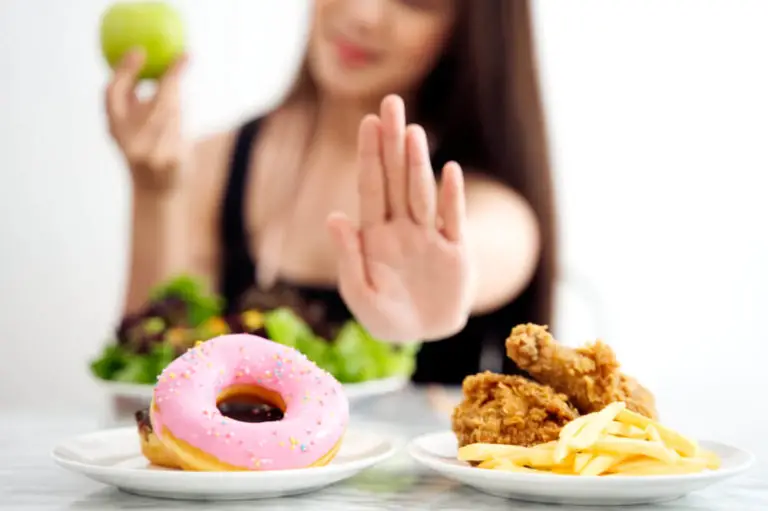
Here are some additional tips:
- Avoid sugary drinks, such as soda, juice, and sweetened tea or coffee. These drinks are high in calories and added sugar, and they can contribute to weight gain and other health problems.
- Limit processed snacks, such as chips, cookies, and candy. These foods are often high in unhealthy fats, calories, and added sugar.
- Choose fruits and vegetables as snacks instead of processed snacks. Fruits and vegetables are low in calories and fat, and they’re packed with nutrients.
- Make your own meals and snacks at home as much as possible. This way, you can control the ingredients and avoid unhealthy additives.
- Don’t be afraid to ask for help. If you’re struggling to reduce your intake of processed foods and sugars, talk to your doctor or a registered dietitian. They can provide you with personalized advice and support.
8. Mindful Eating

Practice mindful eating by savoring each bite and eating slowly. Pay attention to hunger and fullness cues to prevent overeating.
9. Track Your Progress
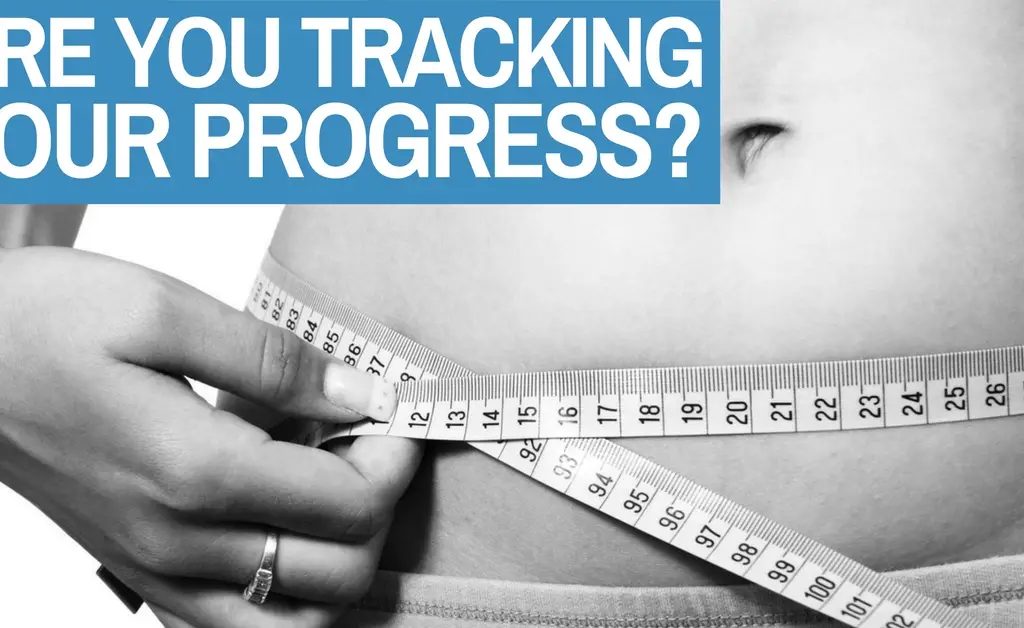
Keep a journal to track your meals, exercise, and how you feel throughout the process. This can help you identify patterns, stay accountable, and celebrate your successes.
10. Stay Positive and Patient
Weight loss is a journey with ups and downs. Stay positive, patient, and kind to yourself. Celebrate even small victories along the way.
Conclusion
Remember, the goal is not just to lose weight quickly, but to adopt healthy habits that will contribute to your overall well-being in the long term. Consult with a healthcare professional before making significant changes to your diet or exercise routine, especially if you have any underlying health conditions. With dedication, consistency, and the right mindset, you can make significant strides toward your weight loss goals in just 30 days.
